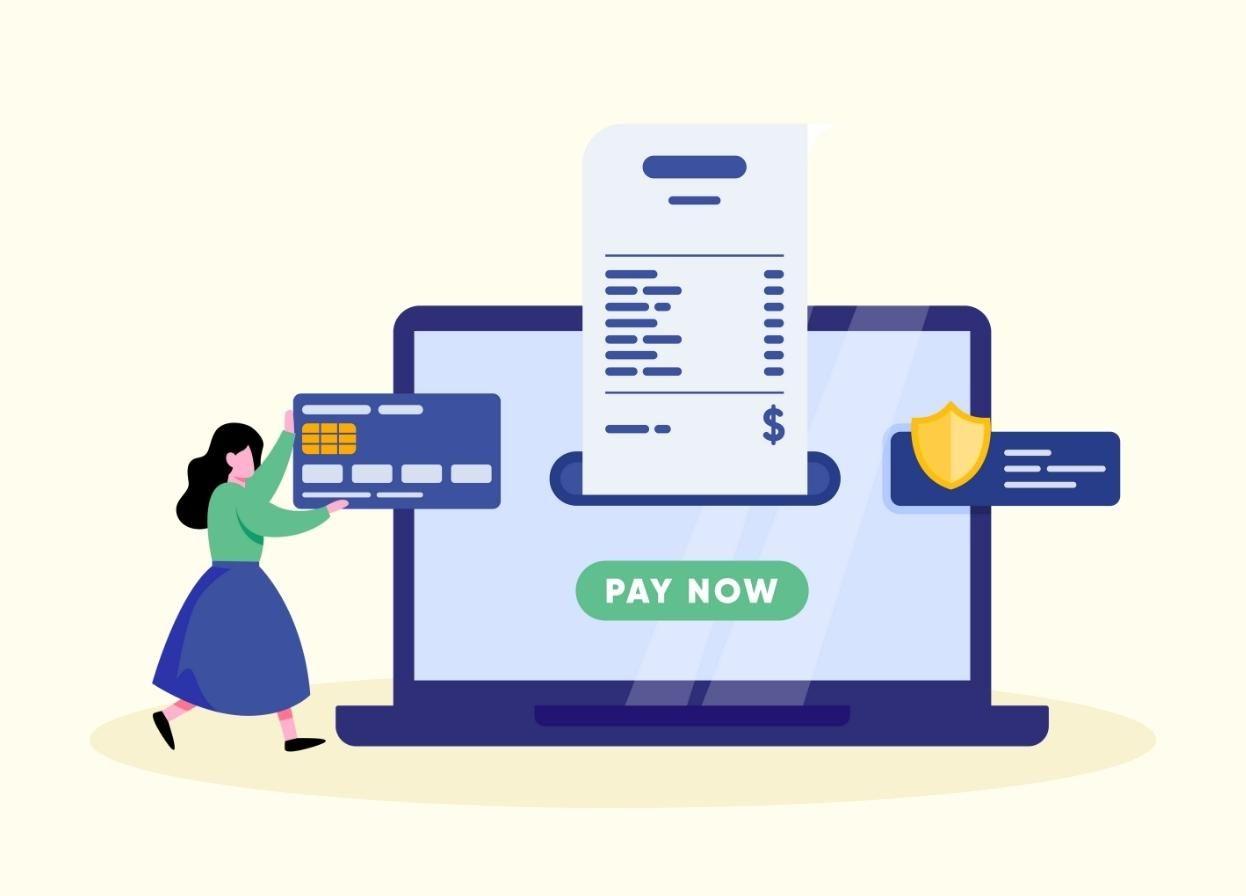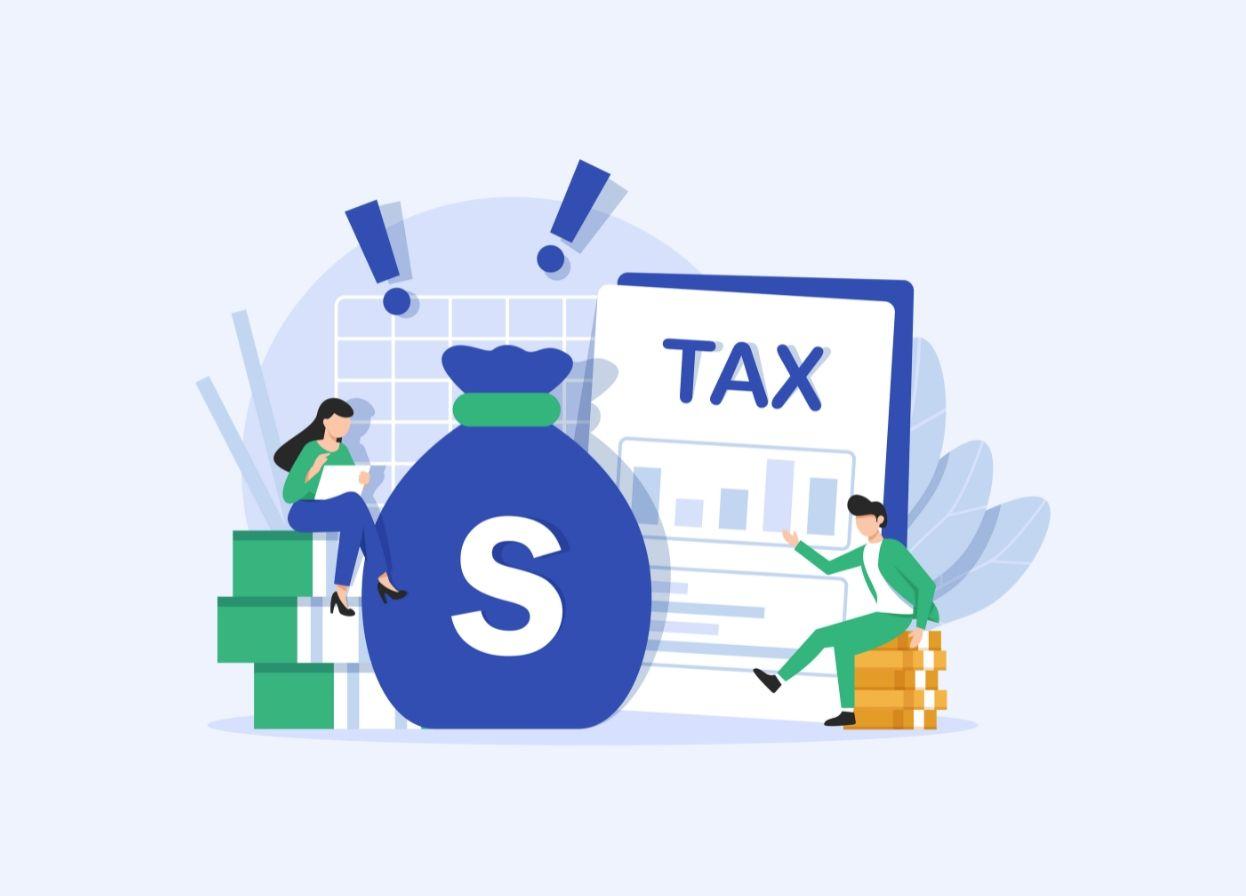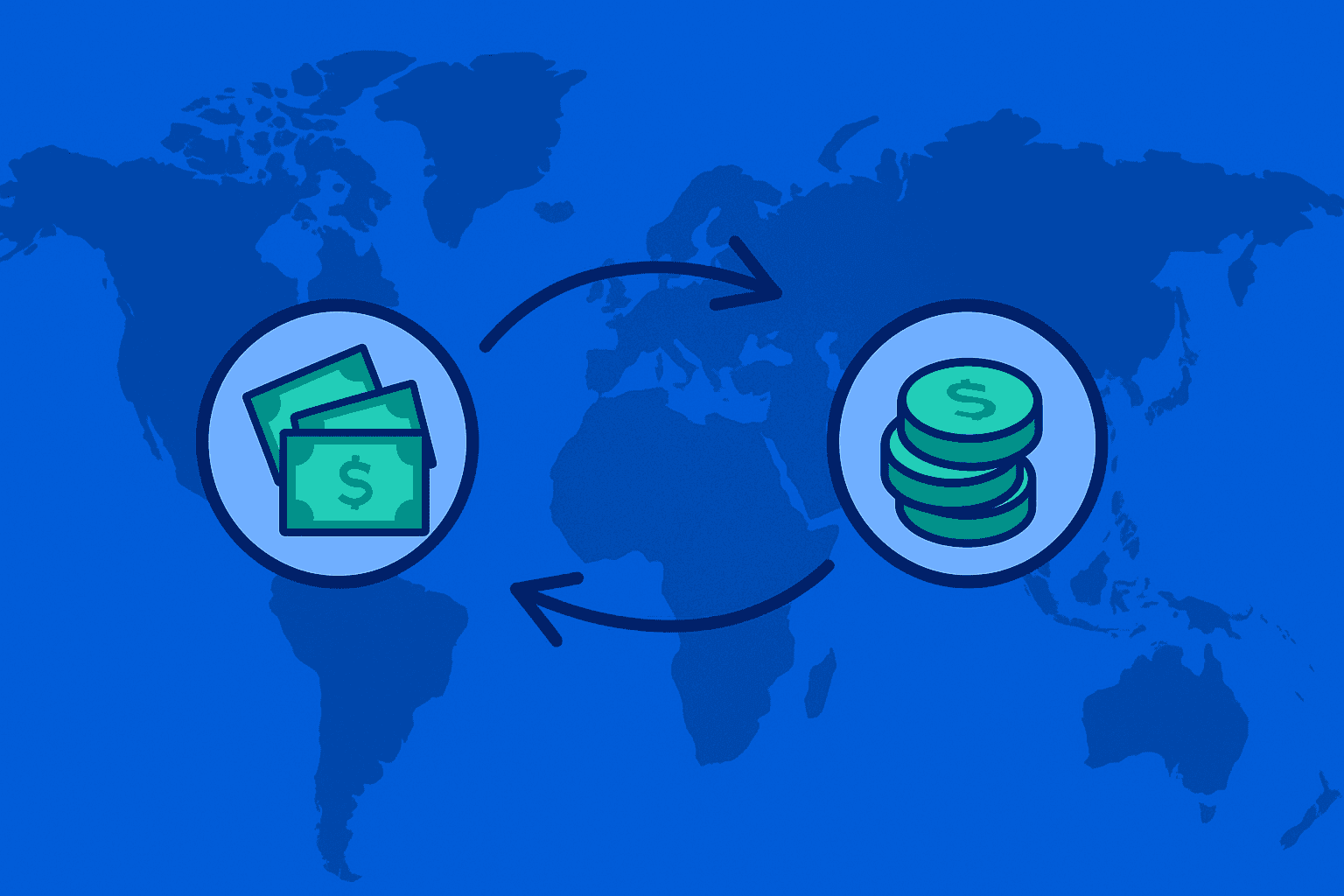Why Do Bank Exchange Rates Differ From Live FX Rates in Currency Exchange?
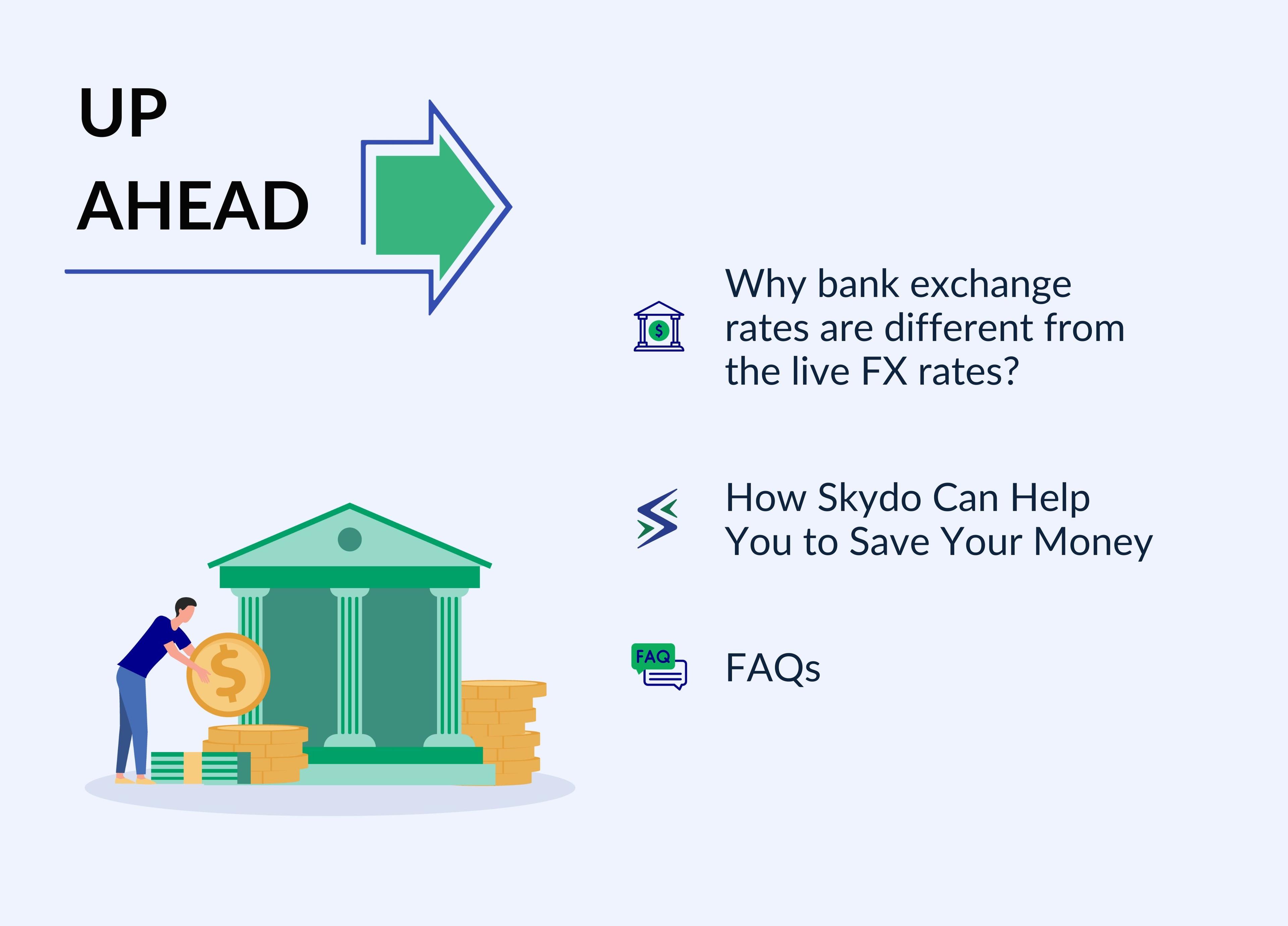

An exchange rate is the rate or value at which one currency can be exchanged for another. When a layman tries to exchange their currency from dollars to rupees, they might go to a bank or sign up through an online intermediary. If you have tried to exchange your current currency from a bank, you might have noticed that the conversion rate charged by the banks may be higher than the number they previously showed.
However, the same does not apply to some online intermediaries like Skydo, and this is because we provide customers with a live foreign exchange rate. A live FX rate, unlike bank rates, is updated in real-time. So why do bank rates become more expensive than live FX rates, and how does this impact you?
Why bank exchange rates are different from the live FX rates?
Reason 1: Spreads
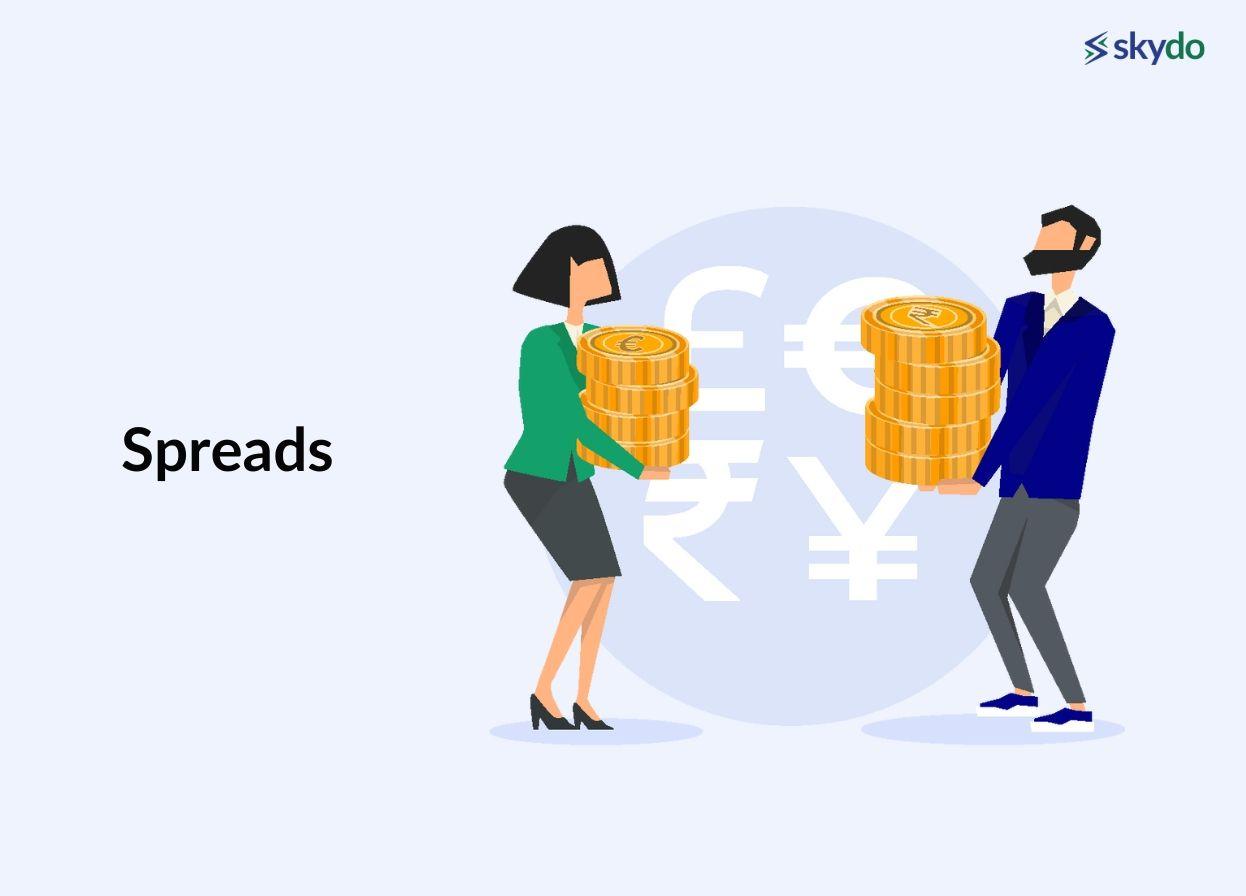
Banks trade currencies with customers, as well as each other. However, the rates for both differ– the bank exchange rate is applied when banks are trading with customers, and the interbank rate applies when banks are trading with each other.
The interbank rate is more of a wholesale rate since banks trade with each other currencies in bulk. However, a regular consumer pays a small fee over and above paying the exchange rate. For example, if the interbank rate for buying USD is 1.00, the bank exchange rate for customers to buy USD will be 1.03.
Similarly, if a customer tries to sell USD, the rate offered to them will be 0.97. In each case, the bank earns 0.3 cents for acting as a middleman and helping you facilitate currency exchange. This 6-cent difference is known as the spread, to earn a profit from forex activities.
However, just like the currency, the spread is not constant. Various factors affect the increase or decrease in a forex spread, including the transaction amount itself. Banks charge a lesser spread for larger forex transactions to encourage bulk transactions.
A lower transaction amount might mean you end up paying a larger proportion of the amount in bank charges. Similarly, banks might have a smaller spread for frequently exchanged currencies and charge a larger spread for rarer currencies.
The spread is influenced by:
- Bank policy
- Regulations
- The interest rates of the central bank
Reason 2: Fees
In addition to the spread, banks might charge a flat transaction fee or a certain percentage of the transaction for exchanging currency. This fee, too, is charged to drive profits.
Banks charge fees to secure themselves against currency risks (that might occur due to factors like war, inflation in other countries, or major political changes). Extra charges such as flat fees help banks achieve this while assuming less risk.
Banks have higher operational expenses of handling and processing cash than online brokers and intermediaries. Hence, online intermediaries pass on the cost savings to you in the form of lower fees.
Reason 3: Market Volatility
The exchange rate market is highly volatile and is affected by global macroeconomic factors, other than simple demand and supply. Banks need to account for potential losses by adjusting their spread.
Currencies expected to depreciate or lower in demand usually see an increase in their spread for banks to mitigate their losses.
Reason 4: Regulations and Taxes
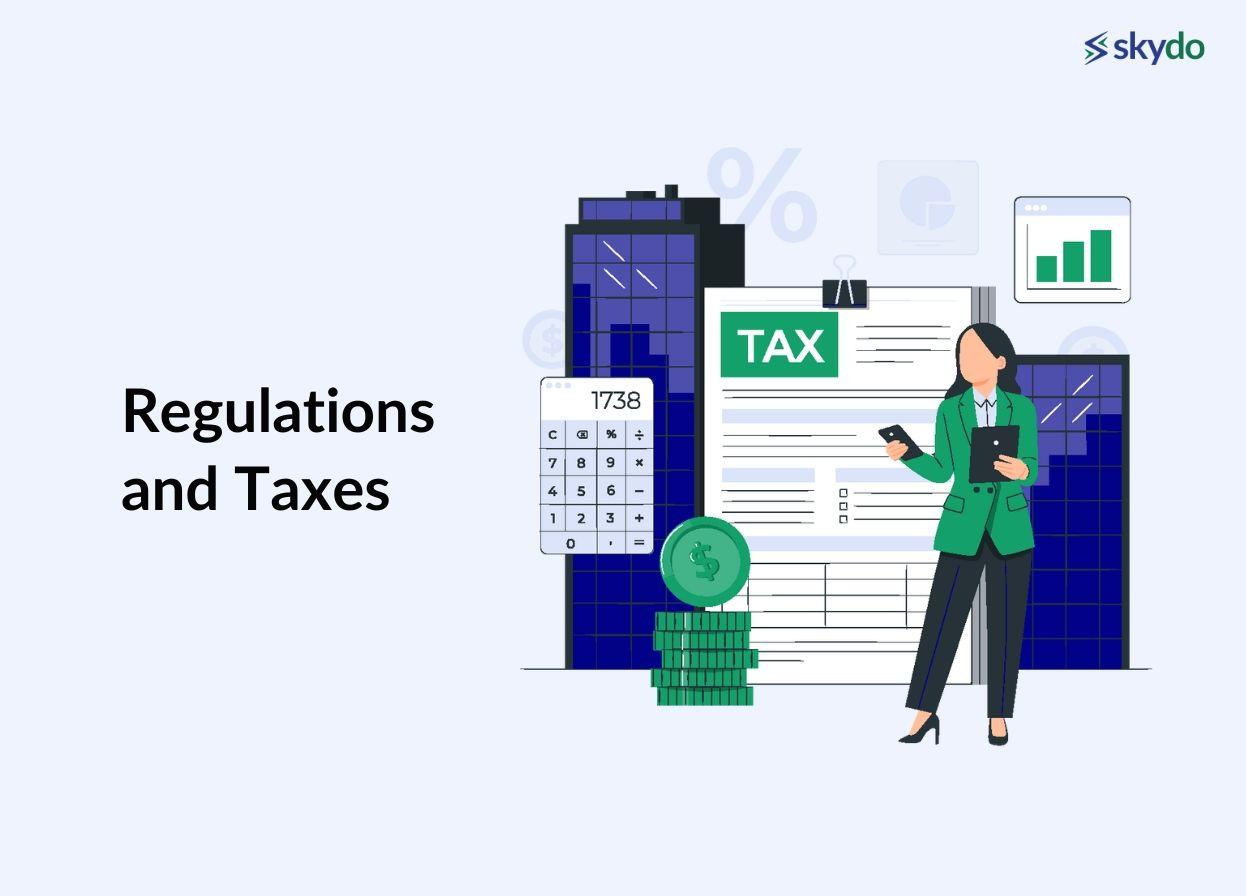
Indian banks must adhere to the rules of the Reserve Bank of India. These rules might be related to bank rates, insuring against risk, and adherence to them increases compliance costs. To some extent, these costs are borne by customers when they pay a transaction fee or a higher spread.
The RBI’s rules are subject to change depending on global factors and its own estimation of the supply and demand in India, which means the transaction fees are dynamic and never fixed.
How Skydo Can Help You to Save Your Money
Compared to this, carrying out your foreign exchange transaction using a service like Skydo can benefit you.
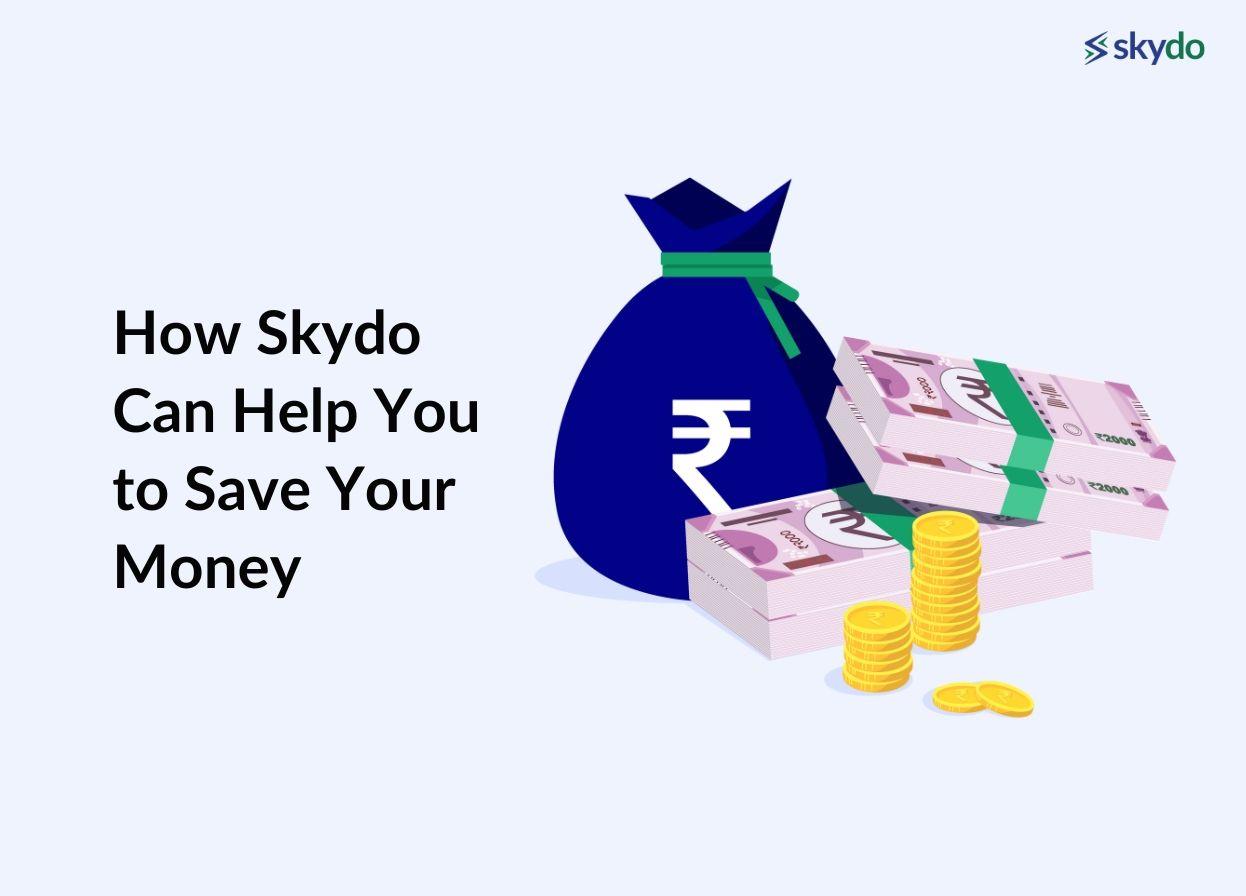
- The all-online format not only gives you the ease of exchanging your currency without the hassle of running to a bank
- It helps you save a substantial amount of money.
How, you ask? We operate on live FX rates and charge zero margins or hidden transaction charges. Yes, you read that right. Unlike the volatile transaction fees, spreads, and other charges levied by banks, Skydo has a flat fee and provides a transparent pricing system.
- For transactions under USD 2,000, we charge a straightforward fee of USD 19.
- Any transaction amount above this is charged with a fee of USD 29.
Similarly, our clear and easy-to-understand thresholds inform you of exact costs compared to the ever-changing bank rates that regularly need a cost-benefit analysis.
Some of our other important features include:
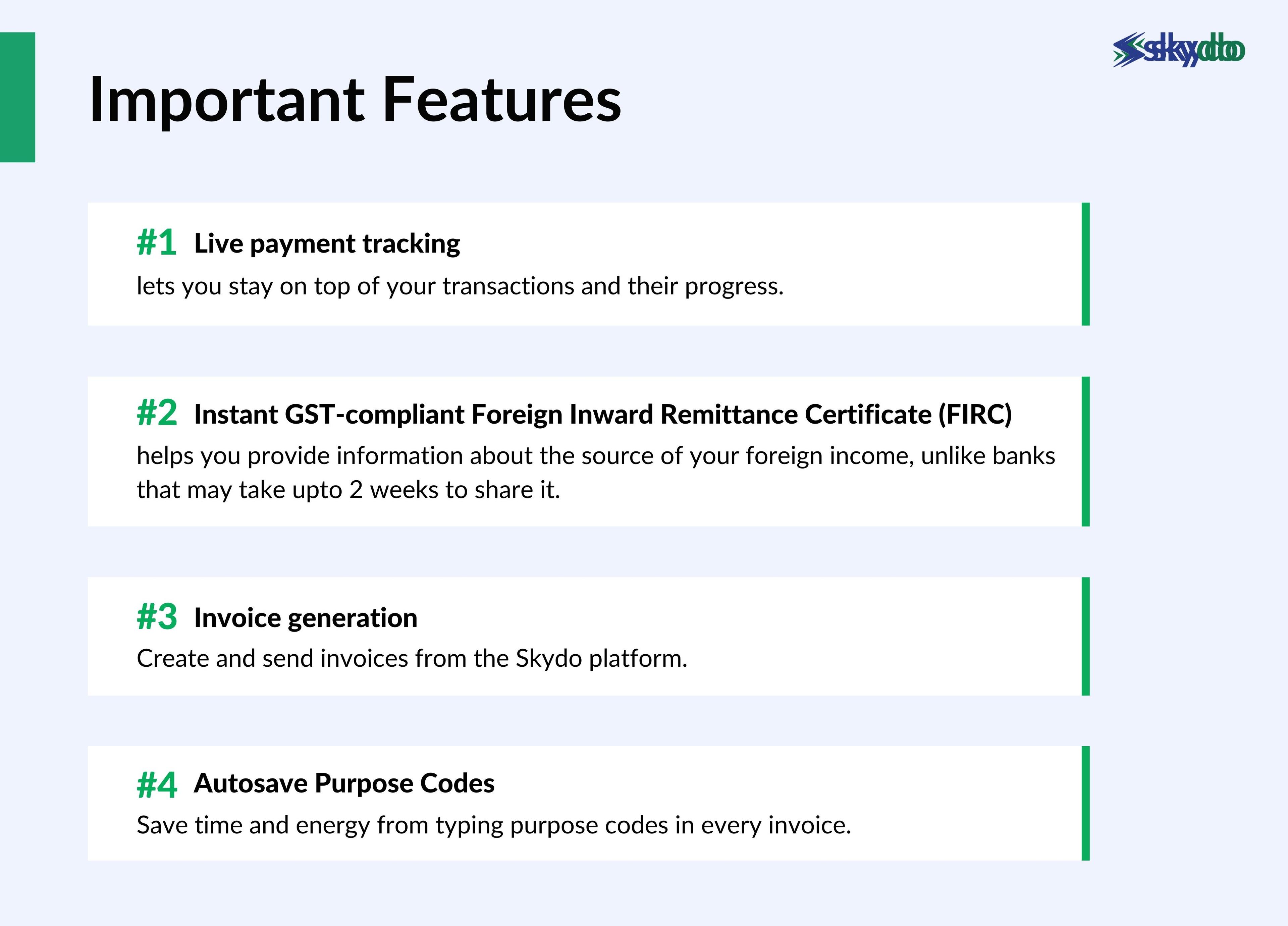
- Live payment tracking lets you stay on top of your transactions and their progress.
- Instant GST-compliant Foreign Inward Remittance Certificate (FIRC) helps you provide information about the source of your foreign income, unlike banks that may take upto 2 weeks to share it.
- Invoice generation: Create and send invoices from the Skydo platform.
- Autosave Purpose Codes: Save time and energy from typing purpose codes in every invoice.
Conclusion
In short, in an age of convenience and quick transactions, going through a bank to exchange your currency might be an outdated solution for your business needs. Recognizing the benefits that a service like Skydo can provide is important for your convenience but crucial to financial operations.
Our user-friendly interface helps you instantly set up an account, create invoices, and start doing transactions in no time. Businesses doing bulk forex transactions may save up to Rs 10 lakh annually, among other benefits.
Book a free demo to experience fast, cost-saving, and transparent cross-border payment experiences.
FAQs
Q1. What is an exchange rate?
Ans: An exchange rate is the rate at which one currency can be converted into another. For example, the exchange rate to convert rupees into dollars can be 1 Re= 83 USD.
Q2. What fees do banks charge for currency exchange?
Ans: Multiple factors compel banks to charge different types of rates to exchange currencies. The spread is a charge levied to cover the cost of exchanging the currency as a broker. There are also flat fees or a percentage of the transaction charged for banks to cover operational costs, handling fees, etc. Charges to ensure safety against risk and compliance with RBI guidelines are other reasons banks charge a lot.
Q3. What is the difference between an exchange rate and the real effective exchange rate?
Ans: An exchange rate is the rate used to convert one currency from another. The Real Effective Exchange Rate (REER) gauges the value of a country's currency in relation to a weighted average of the currencies of countries that are its primary or general trading partners. While the exchange rate is a straightforward measure, the REER is much more comprehensive and shows how a nation’s exchange rate holds up compared to other countries while also considering the inflation rates.
Q4. What are NEER and REER in India?
Ans: NEER, also known as the Nominal Effective Exchange Rate, measures how a country’s exchange rate holds up against other foreign currencies. Real Effective Exchange Rate, or REER, on the other hand, is a comprehensive measure because it also accounts for the price level, inflation rates, and other factors.
Q5. How does the exchange rate work?
Ans: Several factors, such as demand and supply of the particular currency, global conditions such as war or famine, political stability, central bank interventions and policies, and interest rates, determine a country’s exchange rate.



